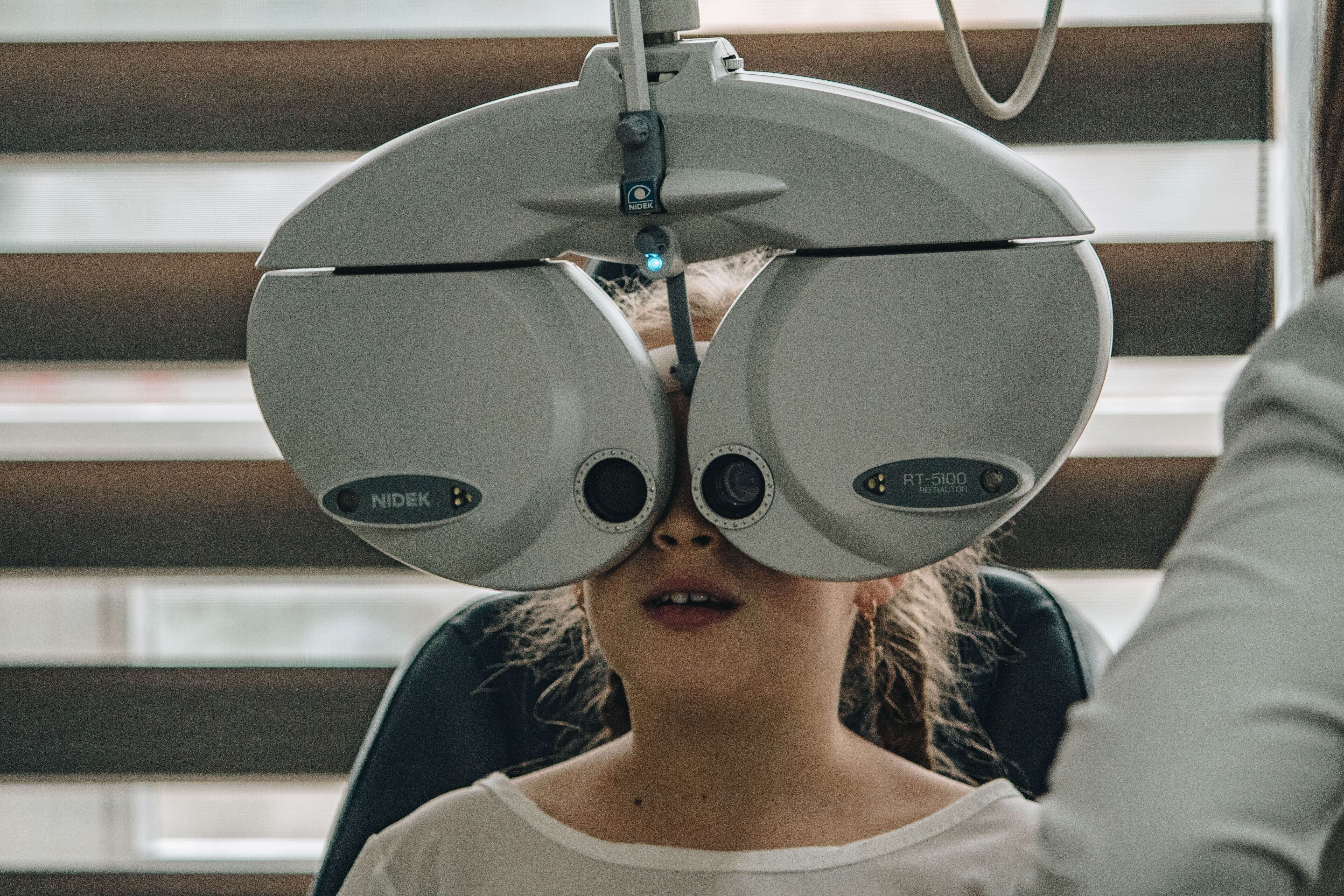Symptoms of Ovarian Cancer

What is Ovarian Cancer?
Ovarian cancer is a medical condition in which cancerous cells are located within, around or outside the ovaries. The ovaries are two almond-shaped organs that can be found on both sides of the uterus. They store eggs and produce progesterone and estrogen, two important hormones for reproductive health.
What Are the Signs and Symptoms of Ovarian Cancer?
It’s not always easy to detect ovarian cancer in its early stages because of the location of the ovaries. That’s why it’s sometimes called the most deadly type of reproductive cancer.
Ovarian cancer is usually detected at the advanced stages because the ovaries are embedded deep in the abdomen. It’s when the tumor can no longer hide that most patients begin to notice the signs of ovarian cancer.
However, to increase the chances of survival, knowing the early signs of this disease is vital. If you notice any of these signs, contact us at Hamilton Health or visit your gynecologist.
1. Bleeding
Irregular bleeding is a common sign of ovarian stromal tumors, which a small number of people with ovarian cancer have. The tumor can cause bleeding that looks what you see during your period. This can even occur after menopause. Bleeding may happen in two-week intervals or more frequently.
2. Bloating and Indigestion
The presence of a cancerous tumor can cause fluid to build up in the abdomen. This could feel like bloating or the weight gain that follows pregnancy. However, when the bloating refuses to subside even after changing your diet, you need to see a gynecologist promptly.
Also, an ovarian cancer diagnosis could be preceded by indigestion and heartburn. This is a common symptom that is linked with general abdominal discomfort.
3. Feeling Full Quickly
Due to the buildup of fluid in the abdomen, people who have ovarian cancer will start feeling full quickly. This increased satiety is also linked with bloating, and it may also lead to a loss of appetite.
4. Menstrual Cramps
At the early stages of this disease, one could have a feeling similar to menstrual cramps. Unfortunately, this sign is commonly ignored by women whose menstrual cycle has been linked with uncomfortable cramps. Tumors growing in the pelvis can result in pain at the base of the abdomen. But since the pain is similar to menstrual cramps, women can easily ignore this sign of ovarian cancer.
5. Lower Back Pain
Severe lower back pain is also associated with ovarian cancer. Just before diagnosis, many women have complained of having back pain that persists throughout the day and interferes with their sleep. This is usually caused by the fluid that collects in the pelvis and causes irritation in the tissues of the lower back.
6. Frequent Urge to Urinate
Having the urge to pee every 30 minutes with very little or no urine coming out is a sign that you need to be checked for ovarian cancer. This increased urge to visit the bathroom may occur because cancer cells start putting pressure on the bladder.
Speak With a Gynecologist Today
To learn more about ovarian cancer causes or signs, call us now and speak to one of our gynecologists. At Hamilton Health, we offer the best gynecological care for women from all backgrounds. You can walk into our federally qualified health center today and we’ll attend to you. We run a family-centered health center and we treat you when others won’t because we’re committed to making it “your home for health.”
Health Care Resources for Women
- Women’s Health (Gynecology, Annual Exams, Family Planning, and More)
- Healthy Start
- WIC
What to Expect at a Child’s Eye Exam
You know how critical regular visits to your pediatrician and dentist are to maintain your children’s health. But did you know you should also take them to get pediatric eye exams regularly?
How Often Should Children Get Eye Exams?
Starting at six months, children should see an eye doctor, who can diagnose vision problems or monitor conditions that could grow into something more serious. Children who need eyeglasses should visit the eye doctor every year for a checkup.
Contrary to common perception, kids should still visit the eye doctor even if they don’t have glasses. Children who don’t require vision correction should make appointments every two years.
What to Expect at a Child’s Eye Exam
The visit often begins with several eye tests that help the eye doctor determine their vision level:
- Vision test: This measures how well kids see from a distance, using the chart with letters your child has to read off. A toddler vision test will use shapes instead of numbers.
- Eye movement: The doctor tells the patient to keep their eye on the doctor’s finger, which they move around to test the child’s peripheral and other types of vision.
- Pupil test: The doctor directs a bright light in the child’s eye to see if their pupil responds correctly.
You can help your child feel more at ease during their eye doctor appointments by discussing what will happen there ahead of time. Talk about any questions they may have about the visit, too.
The next step is to conduct a pediatric eye exam. The doctor will look at the lens, cornea and eyelid to make sure they are healthy. Next, the doctor may perform a pupil dilation test to look at the back of their eye to see that it’s developing properly.
After all this, the doctor will consult with you about their findings. It may be that they found nothing to worry about in their exams. If your child requires glasses, the eye doctor will give you a prescription you can get filled either at the office, online or at a retail shop that sells glasses.
A trip to the eye doctor could reveal an issue with your child’s vision that requires treatment other than glasses. Lazy eye, also called amblyopia, can result from misalignment of the eyes as well as pediatric cataracts. If your child has this common disorder, therapy may include glasses, eye drops or surgery.
Get Your Children Pediatric Eye Exams
An eye doctor for kids can help your child address problems that may bother them at school, such as not being able to see the whiteboard or having difficulty focusing when they read. Schedule your visit today to ensure your child receives the vision care they need.
You can also schedule an appointment with Hamilton Healthcare to address your own health concerns. We have staff who speak many different languages. We can help enroll you in health insurance, and we specialize in treating ESL and low-income women. Call us today to schedule an appointment.



